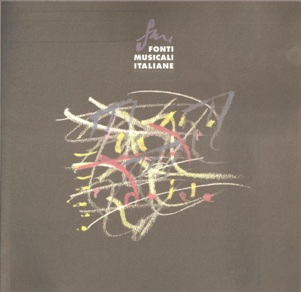Music theory in Italy 1850-1950: a critical bibliography
Abstract
It is generally acknowledged that, after padre Martini, Italian theorists of music suffered an abrupt extinction. The reasons for this misconception are historically well-grounded. Throughout the 19th century, while other European countries developed more 'rational' theories, Italy was an operatic monoculture whose theoretical mainframe was the time-honored Neapolitan tradition of the partimento. In this period there were two main issues: some of the theorists, such as Luigi Felice Rossi, tried to update the partimento merging it with the idea of the fundamental bass or Fétis's theory of tonality; others, like Abramo Basevi and Luigi Mazzucato, were more interested in developing a philosophy of tonality.
About the turn of the century the rise of modern music was accompanied by an increasing urge to find new harmonic systems. A leading role in the development of theory was played by music journals which published essays, reviewed treatises and pamphlets, and offered space for discussion. The common ground among the new harmonic systems theories is that most of them were 'centric', i.e. they described an enlarged, even over-embracing harmony, but without relinquishing a tonal center. Luciani claims that the dominant function consitutes the true essence of music; and Frazzi (who described the octatonic collection in 1929) suggests that the octatonic scale consistutes a summary of the dominant chord.
The present bibliography lists more than 600 entries including treatises, manuals, essays and translations published in Italy from 1850 to 1950. Each entry includes a brief discussion of the content; a history of the development of Italian thought on music theory during the period is presented in the introduction.
##submission.downloads##
Pubblicato
Fascicolo
Sezione
Licenza
© CIDIM
Tutti i diritti riservati


